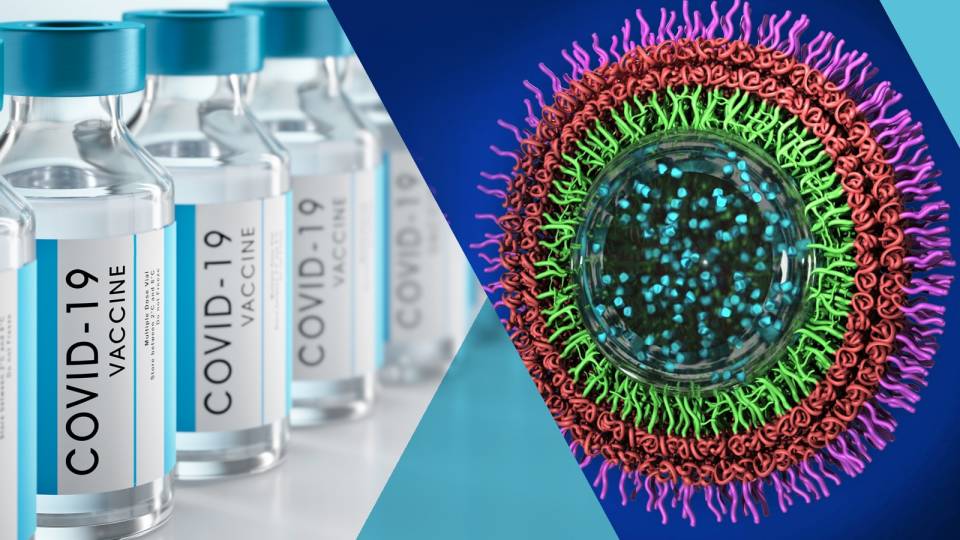Robert Prud'homme
Robert K. Prud’homme, whose drug manufacturing techniques enabled vaccines for COVID-19 and treatments for many devastating diseases, has been elected into the National Academy of Engineering.
Membership in the National Academy of Engineering is widely seen as one of the highest honors in the engineering profession. The 2024 class includes 114 members and 21 international members — researchers from across industry, academia and government. Prud’homme, a professor of chemical and biological engineering, emeritus, was honored for “mass manufacture of SARS-CoV-2 vaccines and other applications to improve human health.”
In 2002, Prud’homme and graduate student Brian Johnson developed a technique to produce nanoparticles that has since changed how many medicines are made and distributed. The approach, called Flash Nanoprecipitation (FNP), can produce a continuous flow of particles that are each a million times smaller than a grain of table salt, each perfectly formed and loaded with molecules that are often difficult to encapsulate using other methods.
The result has been treatments that are cheap to manufacture at a global scale and stable enough to move from the factory floor through the supply chain, through the bloodstream into target cells. Prud’homme has worked closely with the Bill and Melinda Gates Foundation on developing this technology for global health applications, including treatments for malaria, toxoplasmosis, tuberculosis and diarrhea. He has also worked closely with major pharmaceutical companies on fine-tuning the technique for next-generation therapeutics, including cancer vaccines.
Before Prud’homme joined the Princeton faculty in 1978, he completed a bachelor’s degree at Stanford University and a Ph.D. at the University of Wisconsin-Madison, both in chemical engineering. He also served four years in the U.S. Army, where he rose to the rank of Captain and was awarded a Bronze Star and Army Commendation Medal. In 2016, he co-founded Optimeos Life Sciences, a biotech company that has commercialized his nanoparticle technology to address a broad range of diseases and conditions. Prud’homme is the recipient of many honors, including election into the National Academy of Inventors, the Thomas A. Edison Patent Award, election as a Fellow into the Society of Rheology, and a Nanoscale Science and Engineering Forum Award from the American Institute for Chemical Engineers. He transferred to emeritus status in September 2023.
In addition to Prud’homme, four Princeton alumni were elected into the 2024 class of the National Academy of Engineering:
Marc A. Baldo, a 2001 graduate alumnus in electrical engineering, now a professor at the Massachusetts Institute of Technology, for “efficient light-emitting diodes for the modern display industry.”
Rob Knight, a 2001 graduate alumnus in ecology and evolutionary biology, now a professor at the University of California-San Diego, for “understanding microbiomes and their application to healthcare and sustainability.”
Paul Christopher Damian Milly, a 1978 alumnus in civil engineering, now a research hydrologist for the U.S. Geological Survey, for “advances in the understanding of global and continental hydrology and their interactions with a changing climate.”
Yu-Pen Su (international member), a 1980 graduate alumnus in mechanical and aerospace engineering, now a consultant for the National Chung-Shan Institute of Science and Technology, Taiwan, for “development of aerospace propulsion and vehicle technologies for missiles and rockets.”






